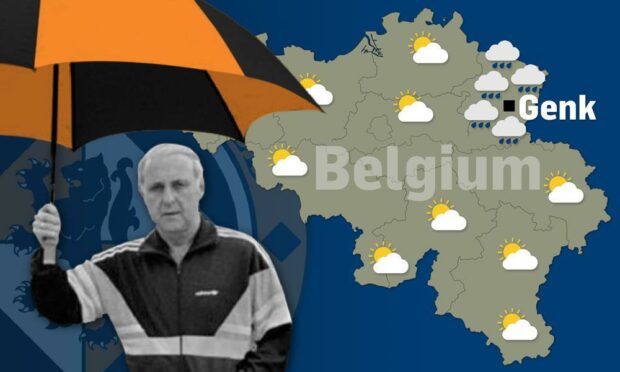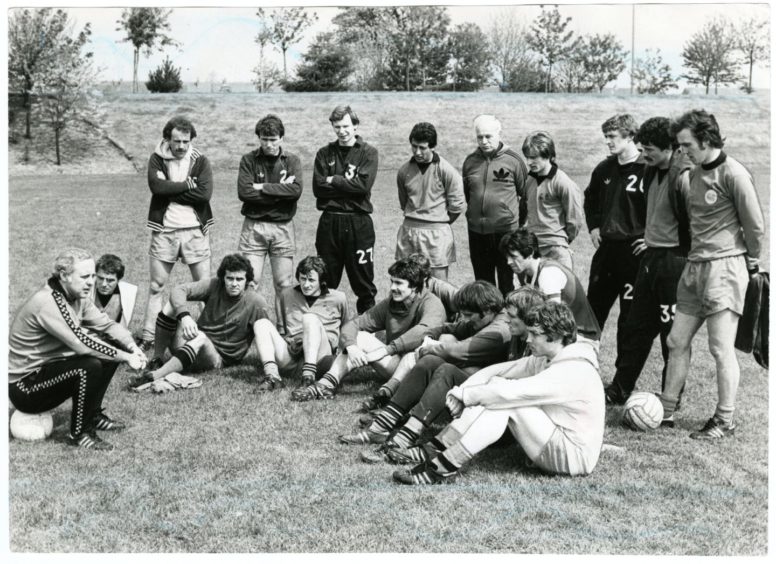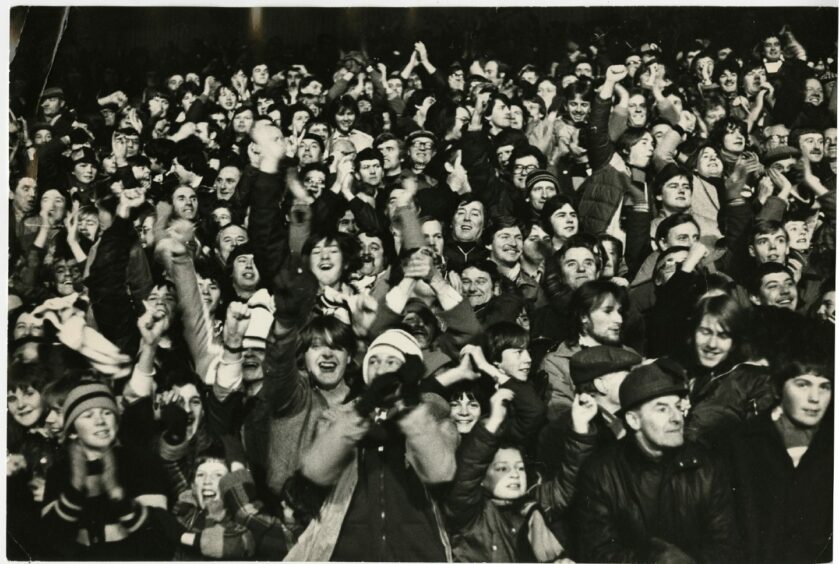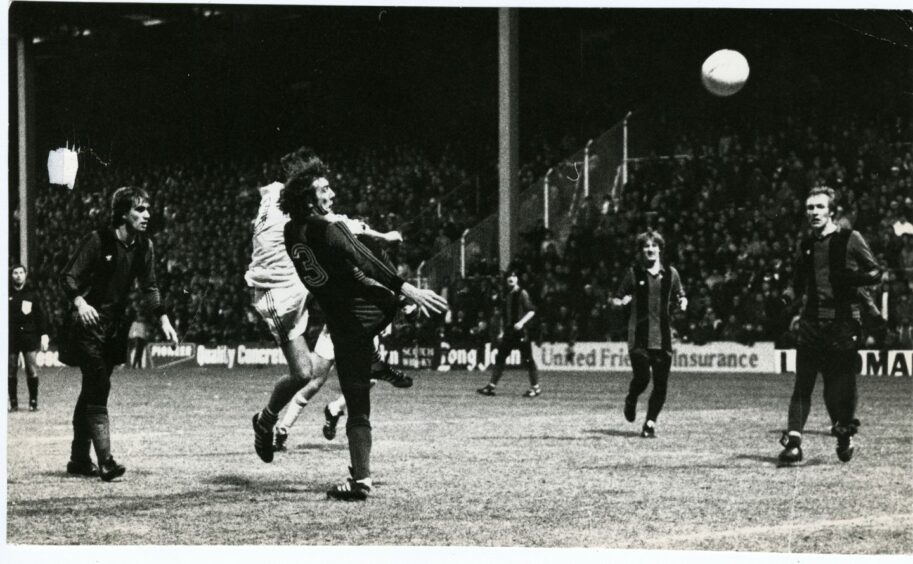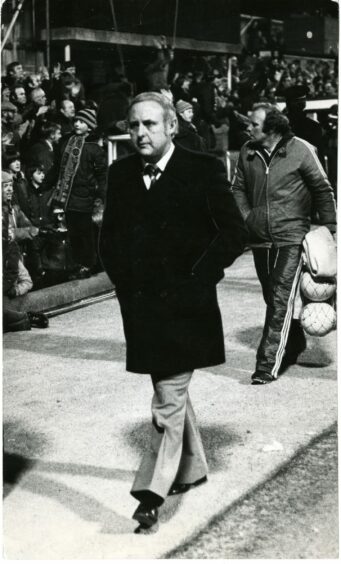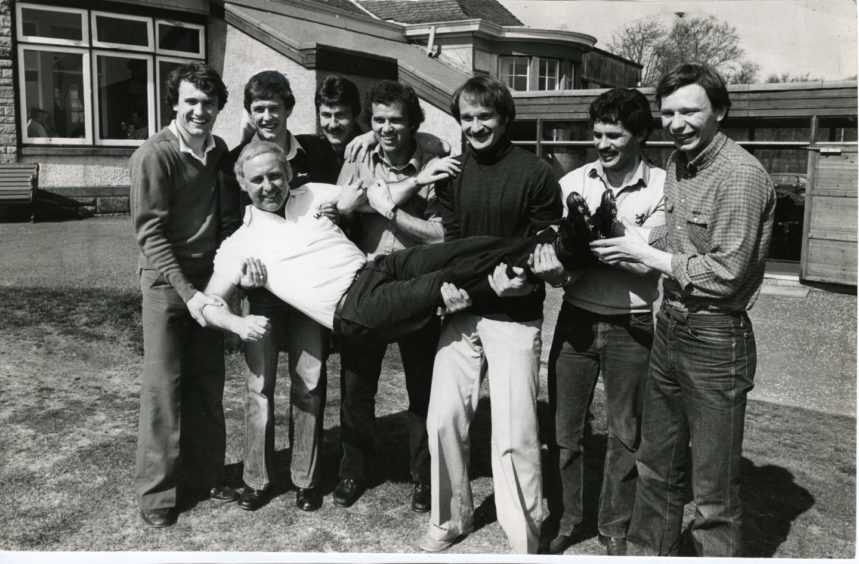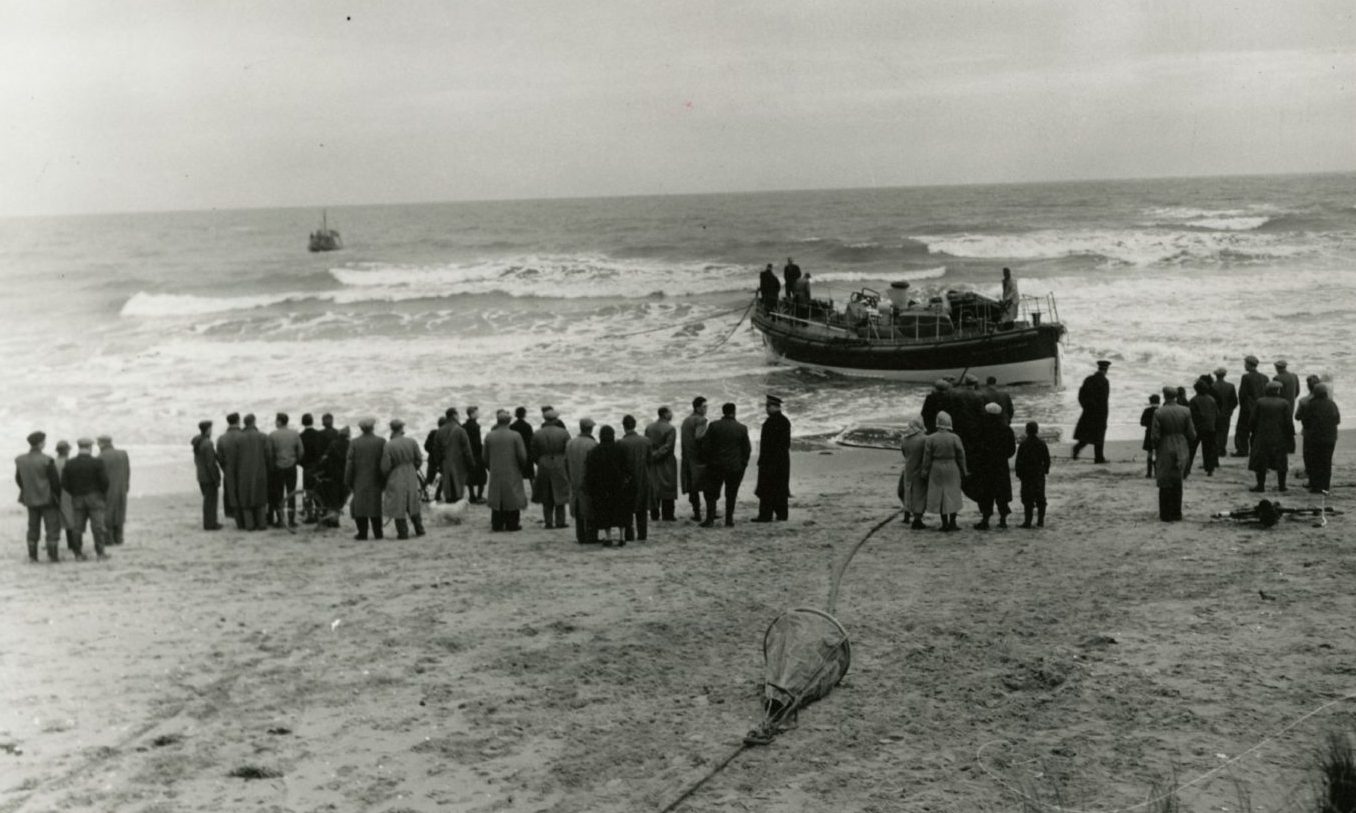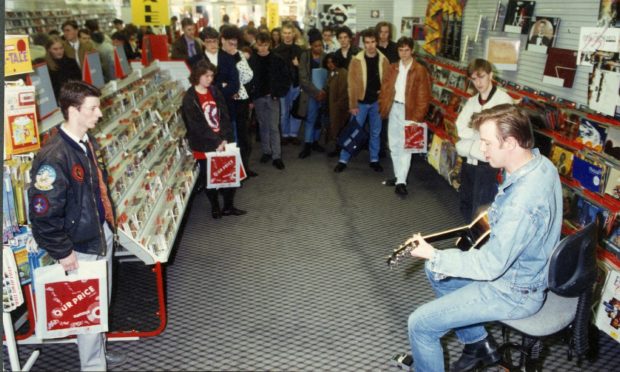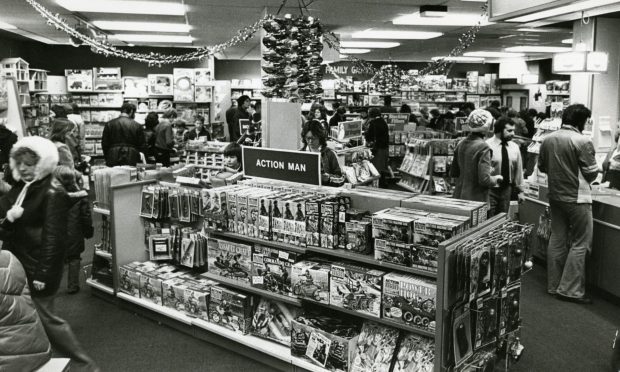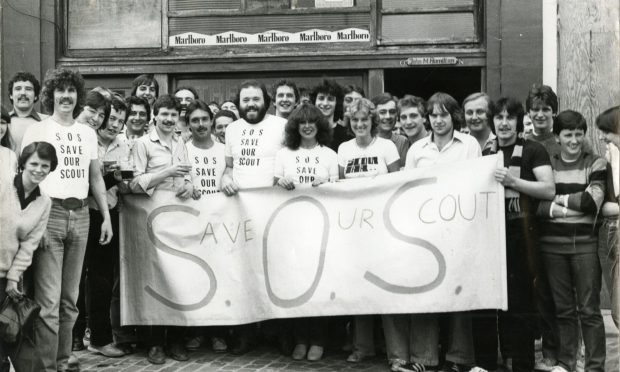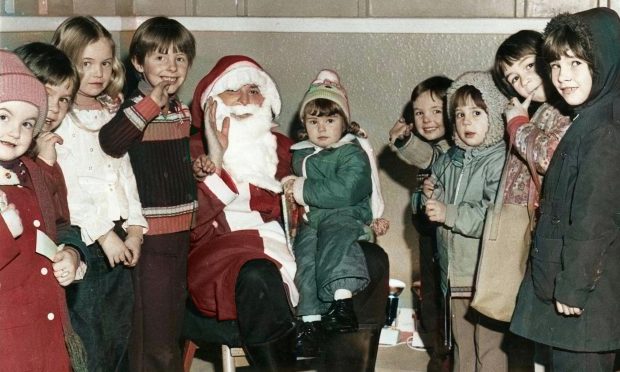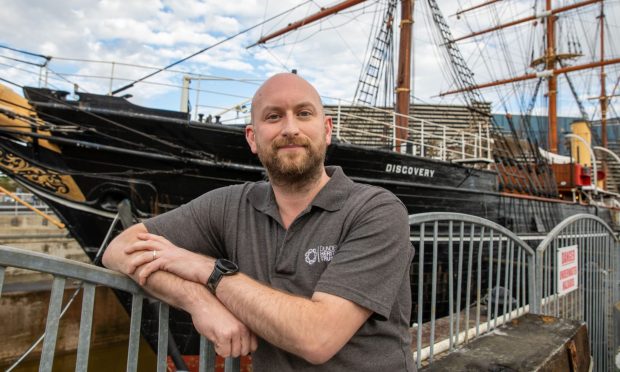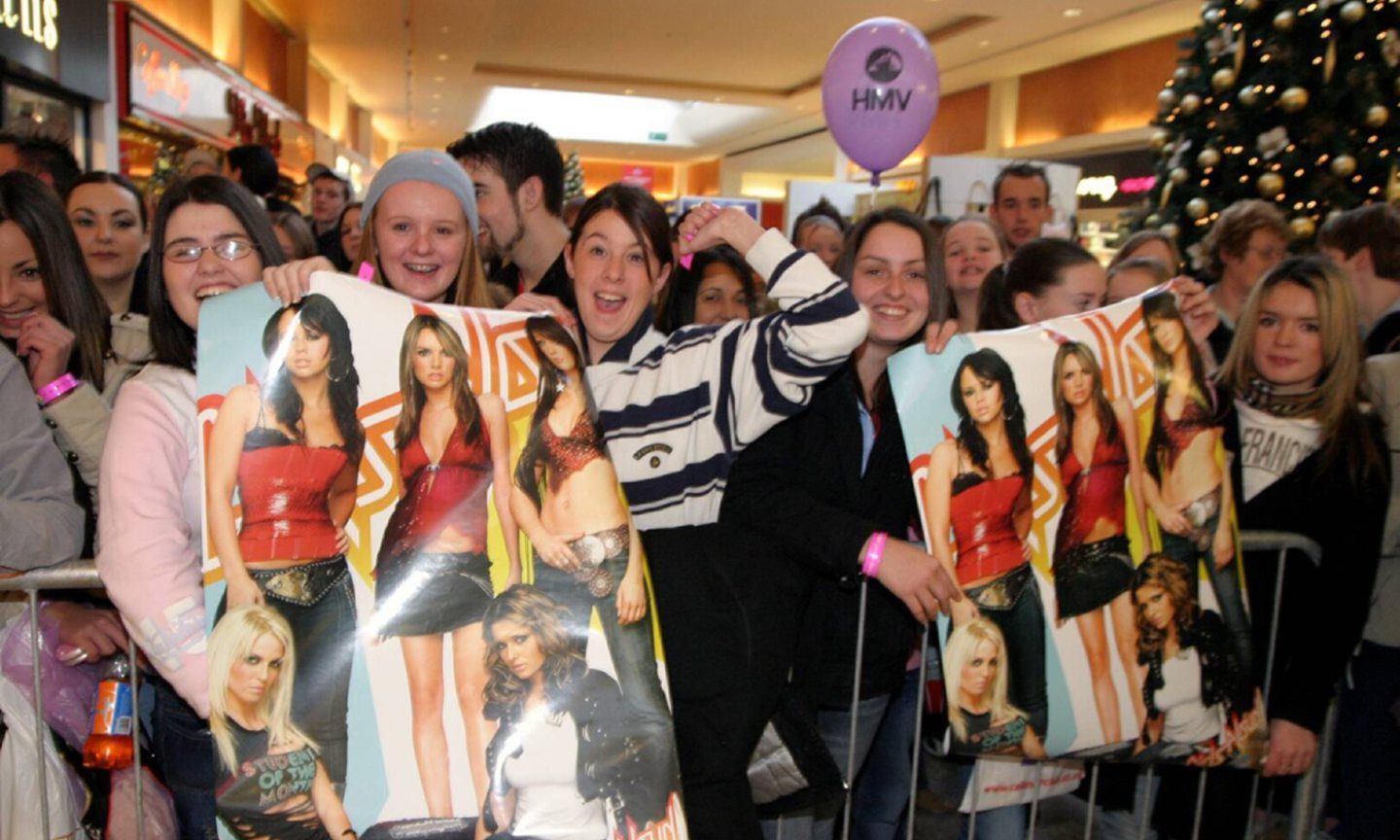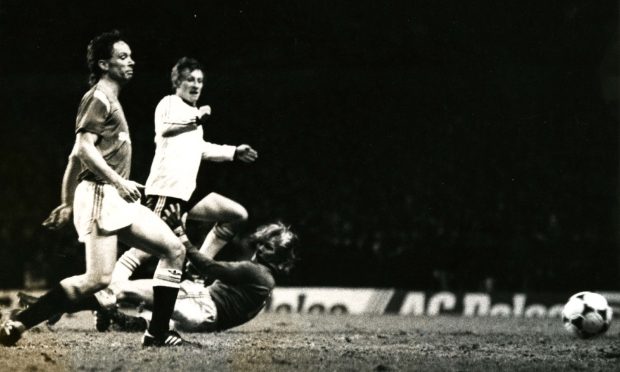Jim McLean wasn’t in the habit of making apologies when it came to football.
It was his way or the highway and many of his players learned to recognise that sorry seemed to be the hardest word.
Yet while nobody doubted the Dundee United manager as a master tactician and motivator, he wasn’t quite as skilled in the science of meteorology.
Hence the message that appeared in the match programme for United’s tussle with Hibs at Tannadice on December 5 1981.
It read: “Boss Jim McLean was most apologetic concerning the fans who were left back home and missed United’s Uefa Cup tie in Belgium in midweek.
“A telephone call back to Tannadice by the manager served to prevent the supporters from leaving (Dundee) after a look at the pitch had threatened to wash out the tie.
“However, his gesture was done to save the fans unnecessary waste of both time and money and was carried out in the best interests of those affected.”
It wasn’t quite on a par with Michael Fish missing a hurricane but at least there was a happy ending to the saga when the club’s Belgian opponents were subsequently blown away in a Ralph Milne-inspired storm.
And, even if McLean’s belief that the first leg against KFC Winterslag – who later merged with Waterschei Thor to become KRC Genk – would fall victim to the weather was unfounded, the match was contested in awful conditions and the Scots had to battle hard to master both their opponents and the weather.
The visitors eventually achieved a goalless draw in the midst of a mud bath, but while McLean made the wrong call in preventing United aficionados from travelling, he was absolutely scathing about the state of the pitch and expressed incredulity that the authorities had allowed the fixture to proceed.
He said: “As can be seen by the fact that we lodged a complaint to Uefa, I saw no way that the game was going to go on.
‘We were turned into amateurs’
“These are the worst conditions I have ever seen a match played in and there was no way we could try to play attractive football on that surface.
“Therefore, my side were turned into amateurs for the night.”
And that wasn’t the only incident that raised his hackles that evening.
The build-up to the contest might have been specifically designed to have steam coming out of McLean’s ears.
In the prelude to the kick-off, he and his players were warned not to warm up near the pitch, to avoid cutting it up.
But even as he and his bedraggled personnel were complying with this diktat, they were left gobsmacked when a 120-strong local band completed their marching routine five abreast and with their boots sinking into the mud.
As The Courier reported: “They went straight up and down the ‘swamp land’ in the centre of the field. Before the music stopped, the musicians had gouged five deep trenches for the entire length of the playing area.
“If the pitch had been a mess before, it was a quagmire afterwards.”
The scene was like something from Dad’s Army. But McLean wasn’t laughing and resolved his men would gain revenge in the second leg, on December 9.
He couldn’t ignore the weather forecasts for that match, either, with a blanket of thick ice descending on the north east and casting a chill over Dundee.
But despite McLean’s fears that the frost might reduce the proceedings to a lottery, there was nothing to worry about once United ran out in front of a vociferous Tannadice crowd in excess of 16,000 people.
Winterslag, who had knocked out Arsenal in the previous round of the competition, were hoping they might be able to snatch a goal and put some pressure on the hosts.
But the reality was that the Scots were growing accustomed to these big European occasions and were a class apart.
They had to be patient in the early stages and the rock-hard pitch caused a few initial concerns, but the quality in the United ranks meant they gradually, inexorably turned the screw and built up a 3-0 lead in the first half.
The Courier reported: “They took the lead after 23 minutes through Eamonn Bannon, who rapped the ball off a defender and into the net.
“Then, after 33 minutes, they scored again when Paul Sturrock neatly crossed to David Narey, who headed past the despairing Winterslag keeper.
“And, just three minutes later, the crowd erupted with delight when Paul Hegarty rose to meet a long Bannon cross from the left and send a lovely looping header over the helpless Jean-Paul de Bruyne to make it 3-0.”
With the outcome assured, United could afford to turn on the style and they created myriad chances throughout the rest of the contest, which left McLean commenting at the climax that the result could have 10-0 rather than 5-0.
His team increased their advantage in the 49th minute when a sublimely-worked move from Davie Dodds and Maurice Malpas was the catalyst for Milne to heap further embarrassment on De Bruyne.
And the visitors’ misery was complete 20 minutes later when the elusive Milne notched another headed goal – the fourth of the night – “with only poor United finishing preventing the rout from being even more comprehensive.”
United’s success came on the same evening that Aberdeen were beaten 3-1 by Hamburg in Germany, which ended the possibility of both New Firm clubs progressing to the quarter-finals of the tournament (where United eventually exited, to Radnicki Nis, despite winning the first leg 2-0).
But it was another affirmation of the strength of the squad McLean had built up at Tannadice and displayed their resilience after the disappointment of losing the League Cup final to Rangers just a few days earlier.
The Courier stated: “The amazing thing, from a United point of view, was how they could have been held to a no-scoring draw in the first leg.”
But there again, it’s difficult to dazzle in a mud bath!
More like this:
Jim McLean packed his bags 50 years ago to make history with Dundee United
Ian Redford: How a future Dundee United star and former Dens hero rained on Jim McLean’s parade
Maurice Malpas: How Dundee United great started career by earning £10 steak voucher
